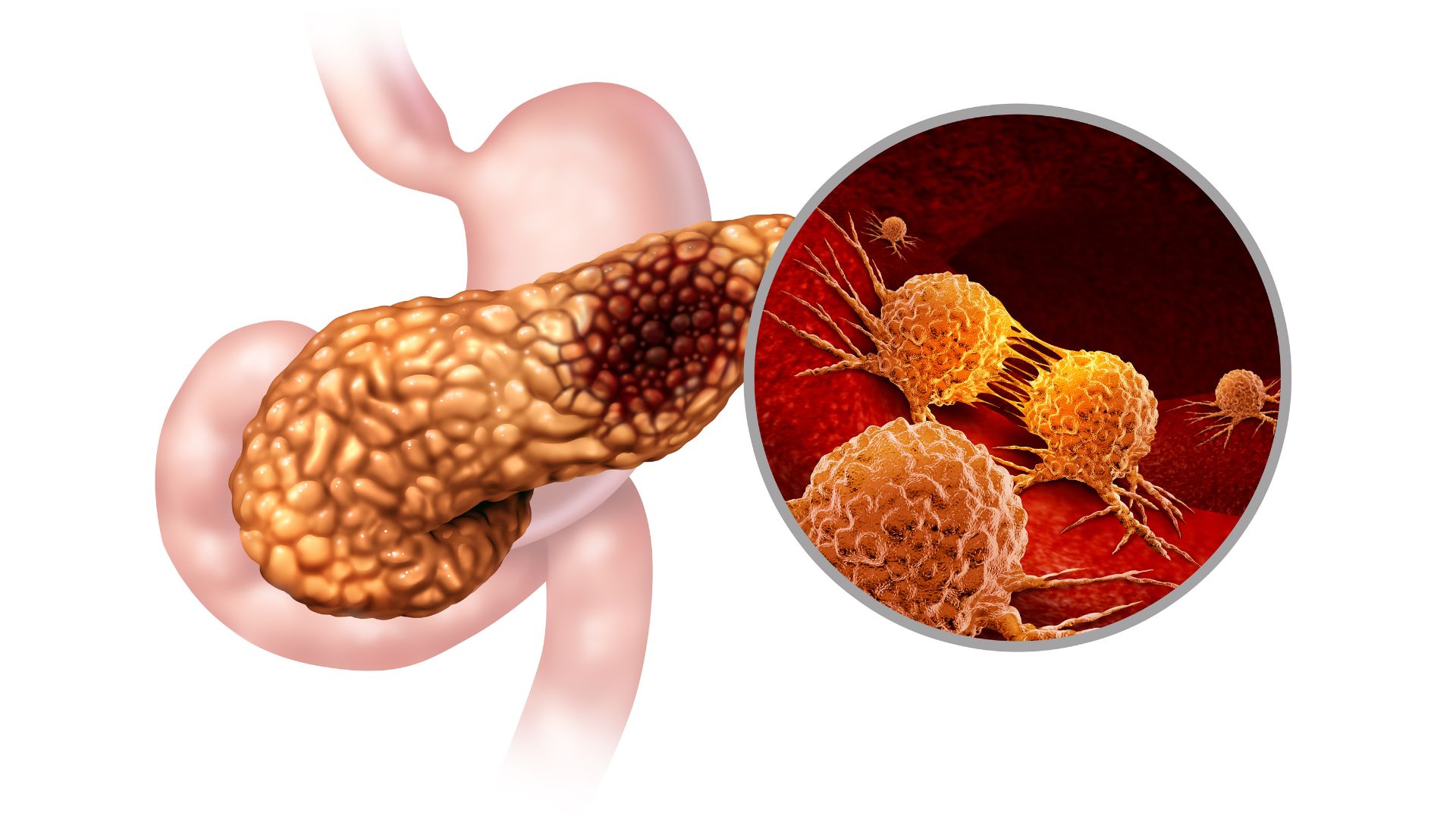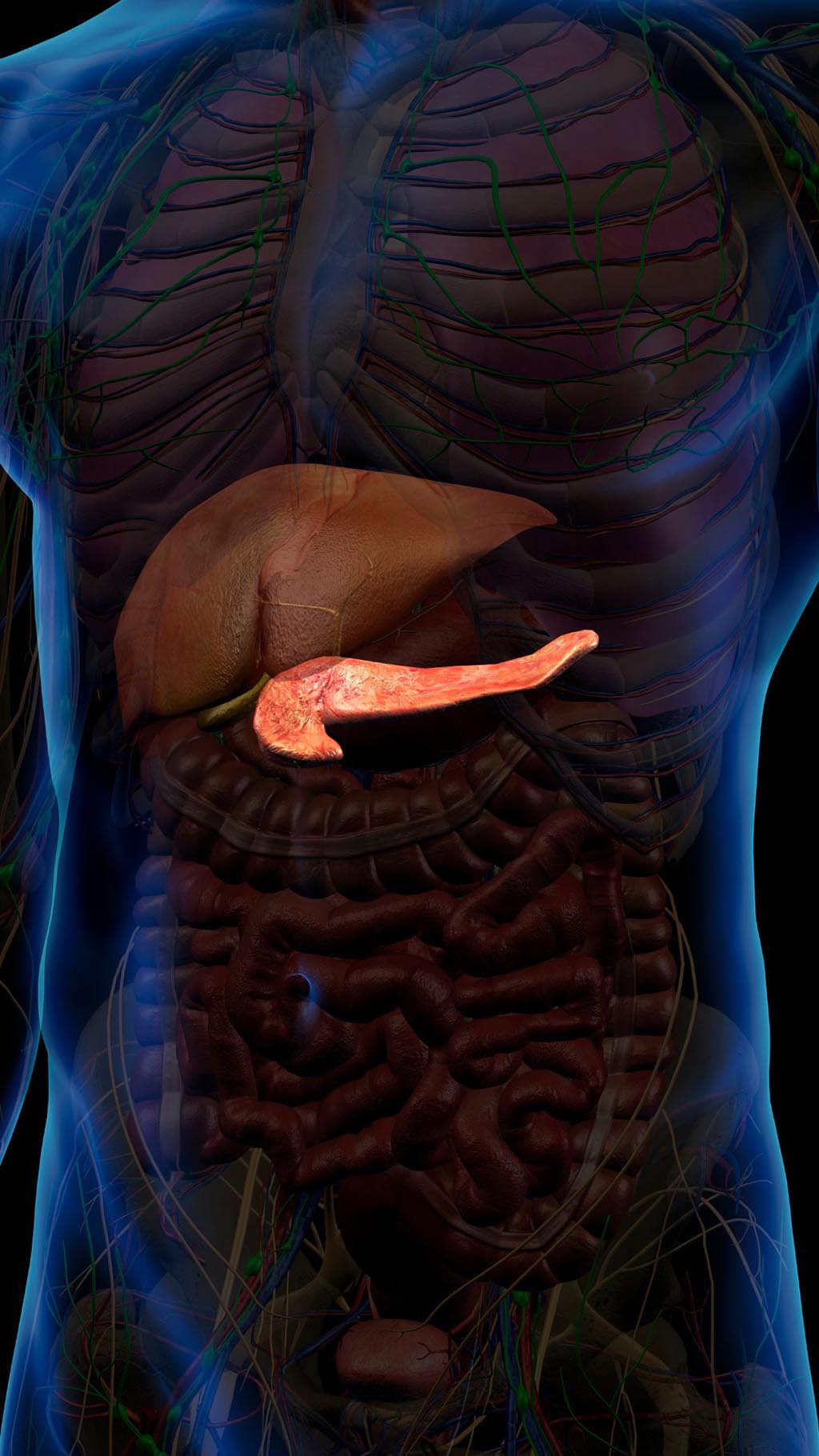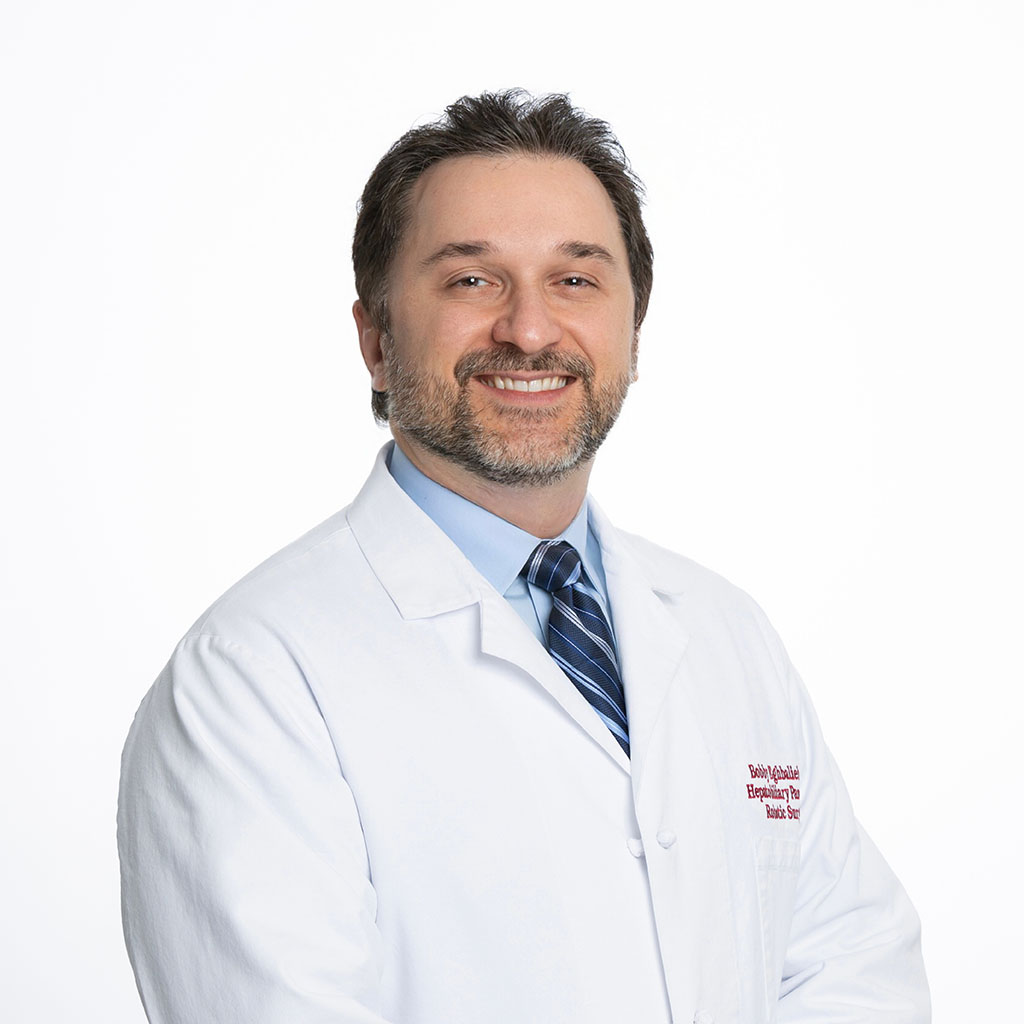Pancreatic Cancer High Risk Surveillance
Surveillance program for people identified as at-risk for pancreatic cancer to allow for early detecton and intervention.
SCMSC’s Pancreatic Cancer High-Risk Surveillance Program
After all, pancreatic cancer is one of the most devastating diagnoses you can receive.
The goal of a pancreatic cancer surveillance program is to provide patients with early detection of pancreatic cancer and/or high-risk precursor neoplasms. If you are 40 to 50 years old, at high-risk, you need to be in a surveillance program!
Call the Southern California Multi-Specialty Center at 818-900-6480 for information.
If you want more information about the SCMSC’s pancreatic surveillance program, keep reading. We discuss the risk factors for pancreatic cancer, the role of genetic testing, and information about the surveillance program.
NOTE: Neoplasms (“pancreatic cancer kindreds”) such as Intraductal Papillary Mucinous Neoplasms (IPMNs) with high-grade dysplasia and some enlarged pancreatic Intra-epithelial neoplasias (PanIN’s). Per current guidelines, screening of the average risk individual for pancreatic cancer is not recommended, which is why our program focuses on high-risk patients.
What high-risk groups should be considered for pancreas cancer screening?
- First-degree relatives of patients with pancreatic cancer
- At least 2 affected genetically related relatives
- Patients with genetic syndromes associated with an increased risk of pancreatic cancer
These people are all at increased risk of pancreatic cancer.
Pancreatic Cancer Screening Q&A
People with chronic pancreatitis should get annual pancreas screening as there is an increased risk for pancreatic cancer. Screening can reduce cancer death, even from pancreatic cancers.
What is the role of genetic testing?
Including all patients with the following family history/hereditary conditions:
- Peutz-Jeghers syndrome
- Hereditary pancreatitis
- CDKN2A gene mutation
- One or more first-degree relatives with pancreatic cancer with Lynch syndrome
- A pancreatic cancer susceptibility gene, including mutations in BRCA1, BRCA2, PAL B2, and ATM genes
What modalities should be utilized for pancreas cancer screening?
- Baseline genetic evaluation and workup with our amazing team under the direction of Dr. Ora Gordon, at the Providence Center for Clinical Genetics and Genomics and the Department of Integrative Medicine at the Roy and Patricia Disney Family Cancer Center in Burbank, CA.
- Imaging follow-up, Pancreatic Protocol CT scan versus magnetic resonance imaging (MRI).
- .Possible endoscopic ultrasound (EUS) for closer evaluation of the pancreas as indicated.
- Baseline tumor marker evaluation for pancreatic cancer screening for pancreatic cancer.
As part of our program, patients will be enrolled in a registry and followed for their lifetime.
At what age should screening begin?
For patients with CKDN2A and PRSS1 mutation carriers with hereditary pancreatitis, we will initiate screening at age 40.
Finally, patients with Peutz-Jeghers syndrome will start surveillance at age 35.
Surveillance Protocols and Follow Up
- Screening intervals of 12 months will be considered when there are no concerning pancreatic lesions, with shortened intervals as clinically indicated.
- Patients will undergo an endoscopic ultrasound (EUS) at baseline and as needed clinically for further evaluation of the entire pancreas or concerning lesions.
- Generally, patients can expect a 6 to 12 months follow up, directed towards lesions determined to be low risk after evaluation by our multidisciplinary tumor board.
- EUS evaluation within 3 to 6 months will be offered for indeterminate lesions
- Patients who are determined to have high risk lesions can expect a short term follow up within 3 months, as well as those who will be considered for surgical resection.
- Although these are general guidelines, each individual surveillance program will be clinically catered towards each patient, offering a personalized program that will be of highest clinical value.
- You can expect your case to be discussed at our monthly Regional Pancreatic Cancer Tumor board. This is the only regional pancreatic cancer tumor board offered in the Southern California region, established and moderated by Dr. Bobby Eghbalieh.
- Patients with new onset diabetes (not type 1 or type 2) and high-risk patients’ group will have to have additional diagnostic studies and surveillance intervals will be directed accordingly.
Make an Appointment
You are not alone in your health journey. The SCMSC team in LA is always here, blending professional expertise with a touch of human understanding.
To schedule an evaluation with Dr. Eghbalieh or Dr. Young at Southern California Multi-Specialty Center, call 818-900-6480.
Make an appointment at SCMSC
We look forward to welcoming you
If you are or believe you may be a candidate for pancreatic cancer surveillance contact Southern California Multi-Specialty Center at (818) 900-6480 immediately.






